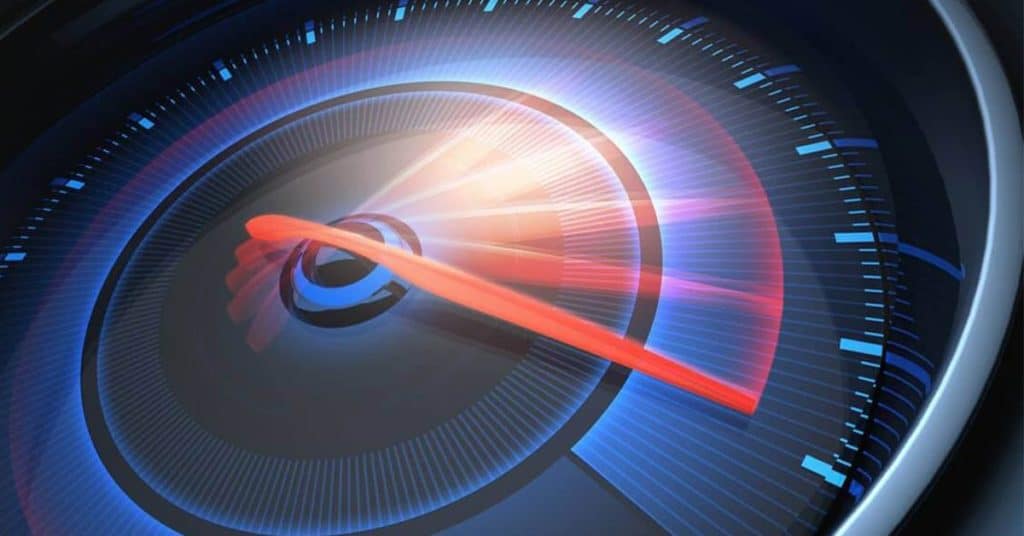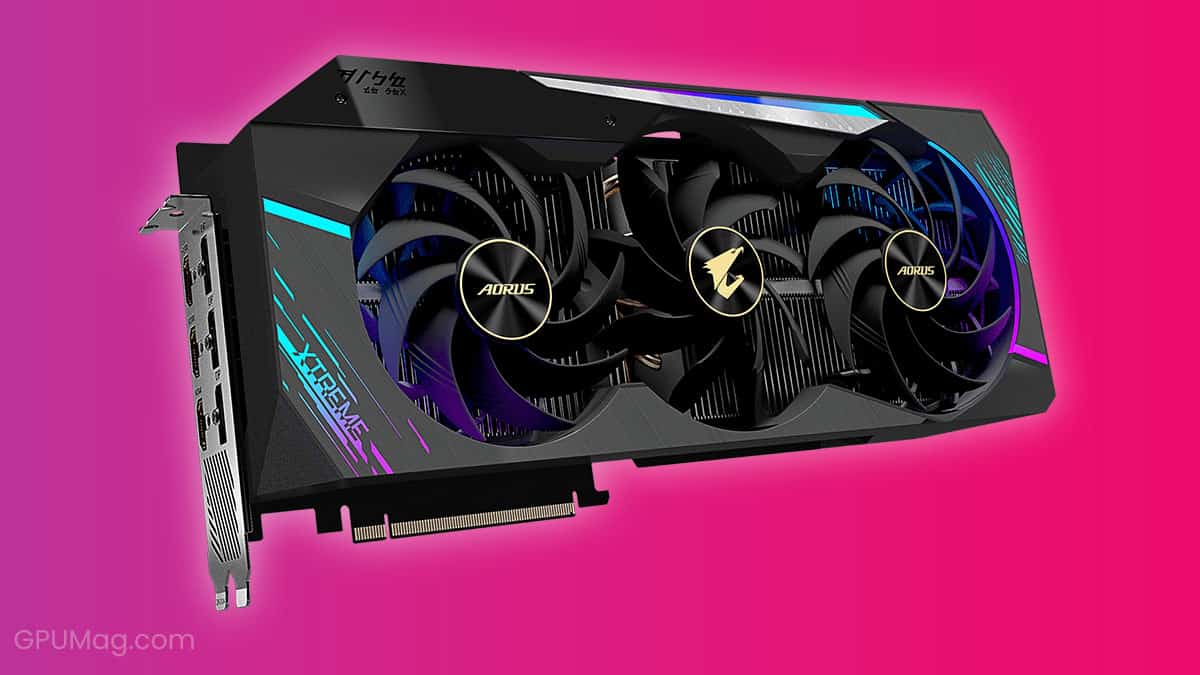Overclocking your GPU can help you gain additional processing power, but it also requires extra effort that is potentially risky. You might be asking yourself if it is even worth overclocking your GPU.
This guide will help you understand the concept of overclocking and clarify some misunderstandings about it.
Before moving on to the discussion of GPU overclocking, let’s look at some of the benefits and drawbacks of overclocking.
Table of ContentsShow
What Is GPU Overclocking?

Simply put, overclocking refers to tweaking your GPU to operate at a greater clock speed. Consequently, when the GPU functions at an increased clock speed, it accomplishes more tasks within a given timeframe. As a result, you will witness an improved number of frames per second.
Part of this performance boost is seen via VRAM overclocking, which is typically regarded as part of the overclocking process and not directly mentioned. To avoid confusion, we’ll stick to referring to the whole procedure as GPU overclocking.
Overclocking VRAM allows for faster data transfer between itself and the GPU, which leads to improved images being processed.
Another part of the overclocking process is adjusting the cooling. Making the GPU run at a greater speed than the manufacturer intended will make it run hotter, thus increasing the necessity for effective cooling.
In most cases, this will mean adjusting the fan speed, as that’s how the majority of graphics cards are manufactured.
The Pros And Cons Of GPU Overclocking

On paper, overclocking your GPU likely seems like a beneficial-advantageous scenario.
Unfortunately, this isn’t completely precise because there are some disadvantages to the process.
The Pros
A higher clock means improved performance, which is the main reason anyone would overclock their GPU. Although it might not seem like much, a 10% performance boost can make the game you’re playing more enjoyable or at least playable, depending on how it was previously running.
If you’re having difficulty maintaining a consistent 30 FPS, you will probably be thrilled to achieve it without purchasing new hardware. The same can be said for 60 FPS or whatever else your FPS target is.
The improvement in game performance isn’t the only notable thing about enhancing the GPU clock. It can also have a beneficial impact on the image quality and provide you with more attractive visuals.
When adjusting the resolution and texture quality, you will often have to cautiously fiddle with the settings to get them just right. Even then, getting the precise results that you’re looking for can be difficult.
Overclocking your GPU means you can access a more polished approach when trying to achieve the premium-quality and most effective performance.
Although the list of pros is quite short, we believe that it is significant enough to be fairly measured against every con that the overclocking process might have.
The Cons
Before looking more closely at the few cons of overclocking a GPU, we should state that, as technology has progressed, the entire process has become far simpler, and risks have become less common.
What we would point to as the largest negative of the overclocking process is the elevated voltage. You need this because both the GPU itself and VRAM will require more power to meet the demands of a higher clock speed. The fans will also need to pull their weight as the performance increase leads to additional heat being produced.
A significant side effect of the increased voltage is the reduced lifespan of circuits. Although this used to be a much larger problem, it’s still a stumbling block when considering overclocking. Both GPU companies have improved considerably at making their circuits more resilient, but it’s still a substantial downside.
Another reason why overclocking is considered a volatile process is the surge in heat that it brings. This is a contributing factor to any possible damage your PC might receive. In truth, most modern GPUs have really good cooling solutions that can handle the increase in temperature, but you still need to be cautious.
In some situations, more frequent in the past, you would need to acquire a third-party cooler to ensure entirely reliable performance.
The most effective way to deal with this rise in warmth is to boost the fans’ RPM. Nonetheless, this will lead to more noise, which can be quite irritating, particularly if you have set up the fans to automatically adjust their speed based on the heat.
This means the fans will get a surge during visually intensive scenes and slow down during quieter moments.
Is GPU Overclocking Worth It?

In the end, after weighing up the pros and cons, this is what it all comes down to. The matter is ultimately quite straightforward. The value of overclocking your GPU is determined by how much you need the additional performance boost.
We mentioned earlier that the overclocking procedure has become easier.
One of the benefits of this is that largely thanks to outstanding tools such as MSI Afterburner, you are now able to save multiple overclocking profiles and switch between them, depending on how graphically intensive the game you want to play is.
Given how graphics card companies have improved their manufacturing standards, it’s safe to say that overclocking has become a significantly more reliable process than it used to be. It’s evident that we’re heading toward almost risk-free overclocking.




